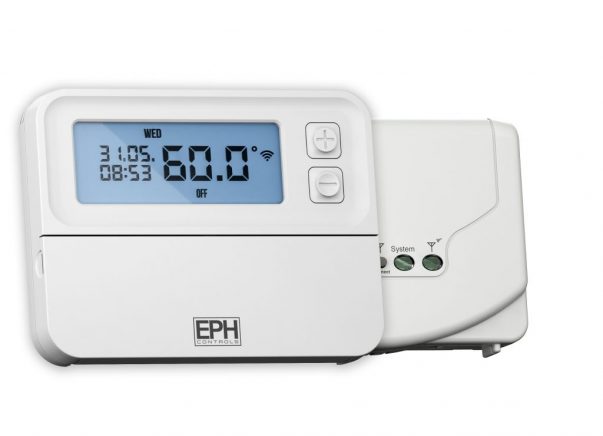Smart Controls

Heating controls help you keep your home comfortably warm, without over-heating and wasting energy. By installing and using your heating controls effectively, you could save money on your heating bills and lower your carbon emissions.
What are heating controls?
Heating controls is a broad term covering timers, thermostats and plumbing and electronic components, which help manage when the heating should be on and what temperature your rooms should be.
Heating controls range from traditional mechanical styles that are set manually, to internet-connected controls that learn your habits and adjust settings automatically.
Heating controls are improving all the time, helping us to control the heat in our homes. However, research shows that few people really understand their controls and many simply just don’t use them.
What heating controls should I have?
Central heating systems, such as boilers and heat pumps, should as a minimum include a programmer (time control), at least one room thermostat and, if you have radiators, thermostatic radiator valves (TRVs). Systems with a hot water cylinder should also include a cylinder thermostat.
How do I use my heating controls?
There are lots of different types of heating controls, so for specific advice, it’s good to check with your installer or read the manufacturer’s manual. If you don’t have a copy of the manual handy, these can often be found online by searching for the manufacturer’s name. We’ve listed some common functions below.
Smart heating controls
Some of the more sophisticated features they can offer include:
Even if you don’t think you would use features such as geo-fencing, having a system that can learn your habits and adjust times to minimise energy use requires very little input from you once the system has been set up.
Whether smart heating controls will save you money will depend on your lifestyle and how you currently control your heating. Studies suggest that while they can save money, it may take some time to pay for their upfront cost as they can be quite expensive.
